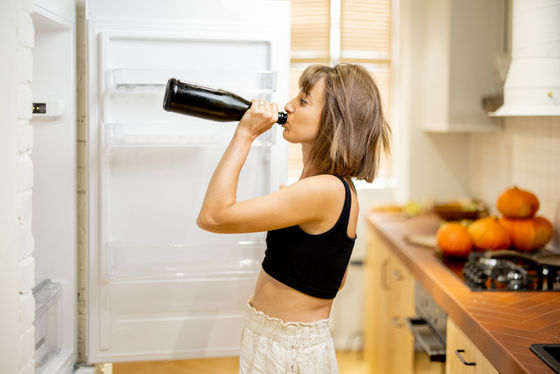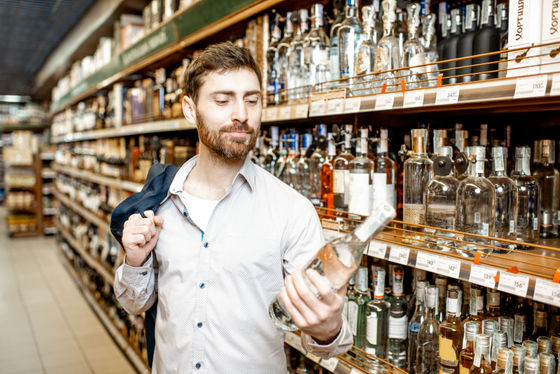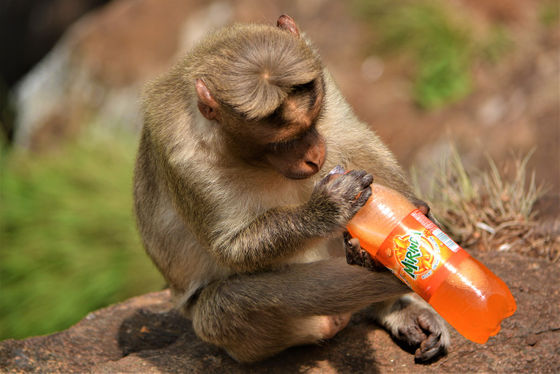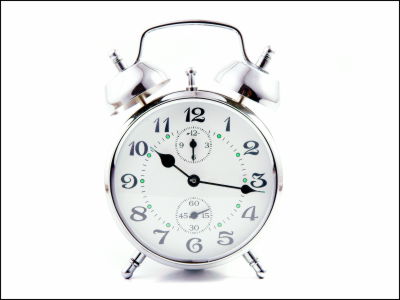Why do you feel life without alcohol is boring?

In the past, it was sometimes said that ``moderate drinking is good for health,'' but subsequent research has revealed that even moderate amounts of drinking
Why Life Can Seem Joyless Without Booze | Psychology Today
https://www.psychologytoday.com/us/blog/sober-curiosity/202307/why-life-can-seem-joyless-without-booze
Janet Fu, an addiction therapist based in San Francisco, USA, said, ``Many of my clients say,'' But there's nothing more fun than alcohol.
However, Mr. Fu, who took the plunge and succeeded in quitting drinking, said, ``A few years after I stopped drinking, I realized that there are countless other joys in life.I used to imagine that a boring life without alcohol was just an illusion created by my brain as a byproduct of habits, desires, and narrow vision.

◆Drinking habits
If you find yourself involuntarily reaching for a drink at the end of the day or on the weekend, it means you've developed a drinking habit, which isn't necessarily a bad habit. Whether it's brushing your teeth when you get out of bed in the morning or reflexively thanking yourself when you're complimented, humans perform a number of habits in our daily lives that simplify our thinking and save energy in our brains.
According to Mr. Fu, habits consist of three stages: 'triggers', 'routines' and 'rewards'. Of these, the final goal ``reward'' is the desired result recognized by the brain that should be memorized, ``routine'' is a series of actions that produce that result, and ``cue'' is the stimulus that triggers the routine.
When these three elements loop and the behavioral pattern becomes habitual, the brain no longer needs to think about each thing during daily actions. If there is no habit, people will need a lot of mental energy just to carry out their daily lives, and it will be exhausted.

A desire to drink alcohol
In addition to the three stages, habits also involve an element of 'desire'. Desires have the effect of linking triggers and rewards to promote habit formation, but since this function is influenced by the size of the reward, that is, the strength of expectations, the discomfort when desires cannot be fulfilled may end with mild irritation or develop into intense frustration.
To illustrate the relationship between desires and habits, Hu used the Massachusetts Institute of Technology's (MIT) monkey experiment in the 1990s as an example. The experiment involved showing monkeys graphics on a computer screen and then giving them blackberry juice, their favorite food.
After the monkeys got into the habit of looking at computer screens and drinking sweet blackberry juice, the researchers slowed down the blackberry juice and diluted the juice with water to see how the monkeys reacted. Then, the monkey became visibly depressed and frustrated. ``The lack of expected rewards turned expectations and joys into cravings and frustration,'' Hu said.

◆ Visual field narrowing caused by alcohol
The same thing happens in the brains of drinkers who combine the pleasant reward of alcohol with a cue such as a Friday night. In other words, when we see the cue “time to drink,” the desire to drink is activated, and unfulfilled cravings and frustration dominate our minds. And desire-driven habits narrow one's vision until other rewards become invisible.
In the aforementioned monkey experiment, monkeys in the well-trained group were glued to computer screens, oblivious to blackberry juice placed across the room, and unresponsive to other rewards such as playing outside. On the other hand, monkeys in the less habituated group happily jumped to another reward and stopped looking at blackberry juice.
Regarding lessons learned from monkey experiments and his own experience, Mr. Fu said, ``A life with joy is worth much more than being drunk and noisy.Alcohol is the only thing that is worth it. Don't be fooled by the brain's claim that even if you have a strong desire, the craving will weaken over time and eventually subside.
Related Posts:







